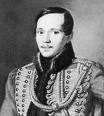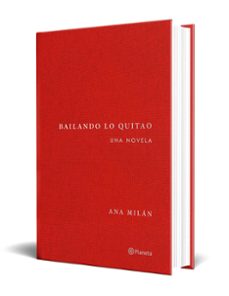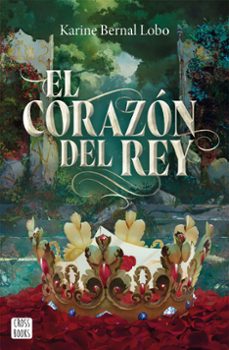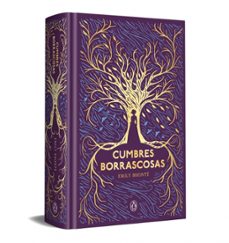¡Vaya! Ahora no tenemos el libro en esa edición, quizá te interese alguna de estas otras
📗 Libro en inglés A HERO OF OUR TIME
ALMA BOOKS- 9781847491213
Sinopsis de A HERO OF OUR TIME
A seminal study of the darkest side of Romanticism; also includes the novel fragment Princess Ligovskaya. Traveling through the wilds of the Caucasian Mountains, a young man makes the acquaintance of Maxim Maximych, an experienced soldier and veritable raconteur. As they take refuge from the harsh wintry conditions, Maximych begins to tell the scandalous history of his one-time companion Pechorin, a self-confessed rake. Talented and highly intelligent, Pechorin is nevertheless weary of the world and all it has to offer. Cynical in the extreme, he can muster no other motivation than the avoidance of boredom. To this end, he embarks upon a series of Byronic exploits. Whether kidnapping the daughter of a local chieftain, organizing a smuggling ring, fighting duels, toying with fate, or capturing the hearts of beautiful society women, he remains entirely immune from any depth of emotion. This inspired study of a man and a society in crisis reveals the archetypal antihero not only of the Russian novel but of world literature.
Ficha técnica
Editorial: Alma Books
ISBN: 9781847491213
Idioma: Inglés
Encuadernación: Tapa blanda
Fecha de lanzamiento: 01/01/2010
Año de edición: 2010
Especificaciones del producto
Escrito por Mijaíl Lérmontov

(15 oct. 1814 – 27 jul. 1841), escritor y poeta romántico ruso, Tras cursar estudios universitarios, ingresó en la escuela militar de San Petersburgo. Influido inicialmente por Pushkin, en 1837 le dedicó la elegía La muerte del poeta, en la que culpaba a la nobleza del duelo en que éste encontró la muerte, a causa de lo cual Lermontov tuvo que exiliarse al Cáucaso. Ese mismo año publicó el poema romántico Canto del zar Iván Vasílievich, al que siguieron la sátira social La mujer del tesorero (1838) y la novela Un héroe de nuestro tiempo (1840). Esta última obra, que reúne ciertos rasgos autobiográficos en la figura del protagonista, constituye una dura crítica social y es clave en el paso del Romanticismo al realismo en la literatura rusa. A esta etapa pertenecen también los poemas narrativos El novicio (1840) y Demonio (1841). Junto con Pushkin, Lermontov es el poeta más representativo del Romanticismo ruso. Murió también en un duelo.
Descubre más sobre Mijaíl Lérmontov Recibe novedades de Mijaíl Lérmontov directamente en tu email
Opiniones sobre A HERO OF OUR TIME
¡Sólo por opinar entras en el sorteo mensual de tres tarjetas regalo valoradas en 20€*!




































